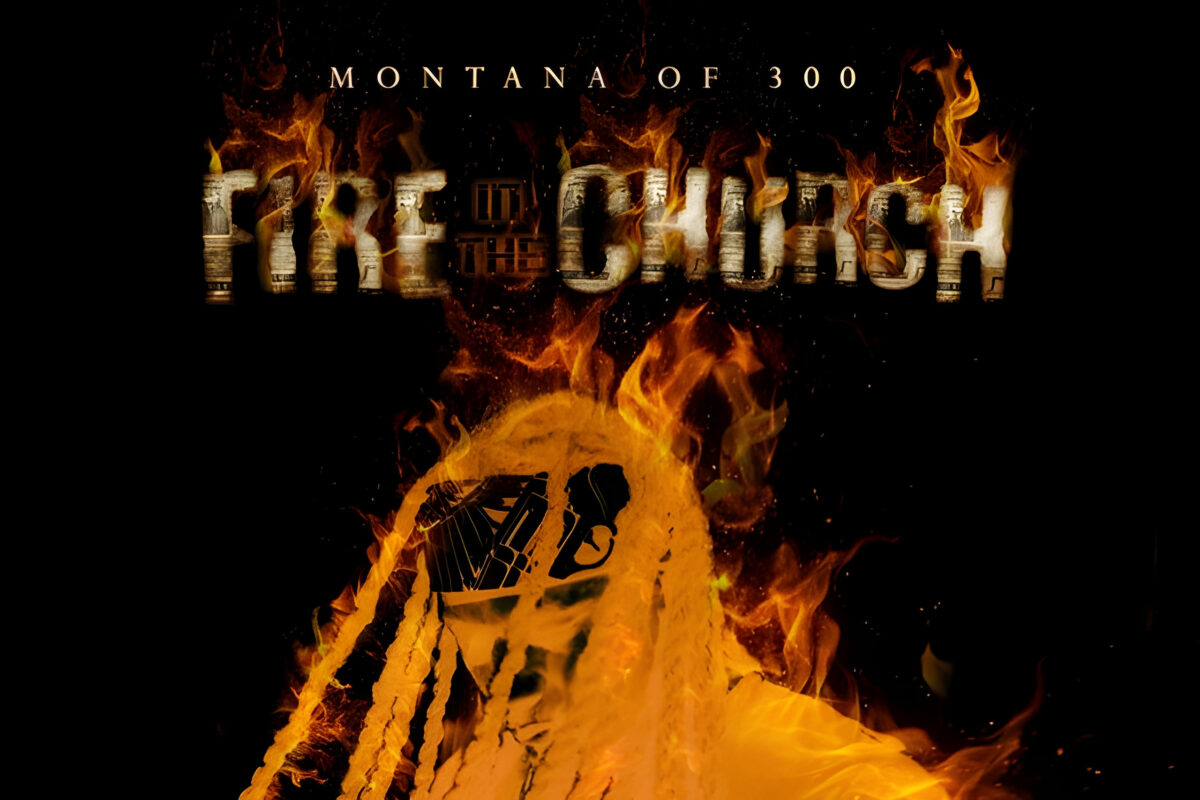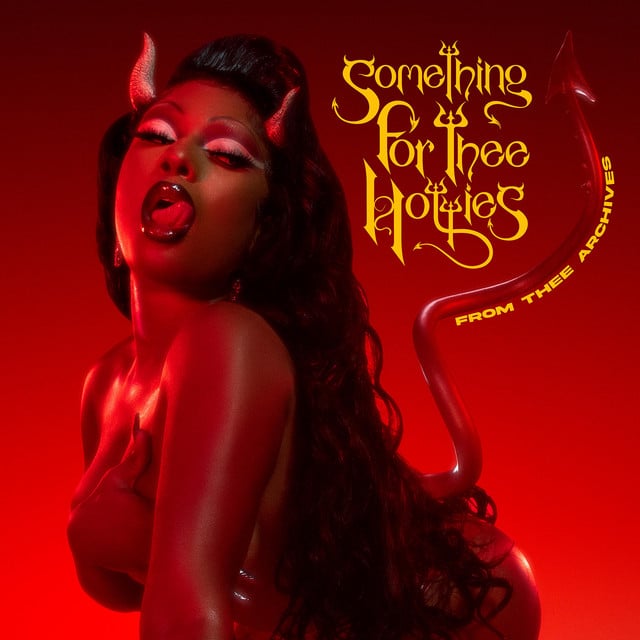Released: 2016
Montana of 300’s “Angel With an Uzi” is a lyrical powerhouse, weaving themes of divine inspiration, personal struggle, and societal critique into an intricate tapestry of words. This song’s narrative intertwines elements of religion, power, self-awareness, and social justice, all delivered with intense bravado and sharp wordplay. Montana showcases his prowess by drawing from personal experiences and cultural references to question authority and empower the individual listener.
The song opens with a provocative comparison, suggesting that the lyrics could have been authored by God Himself. This is a bold assertion of the artist’s lyrical authority and underscores the significance of his message. Montana places his own voice as one that must not be altered, indicating the immutable truth he perceives in his verses. This intro sets the stage for a no-holds-barred exploration of themes both personal and universal.
Moving into the verse, Montana references the “48 Laws of Power,” a book known for its ruthless strategies on achieving and maintaining power. By mentioning his simultaneous reading and gun-loading, he positions himself as both an intellectual and a warrior, prepared for mental and physical battles. The juxtaposition signifies the necessity of being well-rounded in understanding and power dynamics, especially within the hip-hop industry.
He follows with imagery of a web browser, illustrating how he connects listeners to new ideas and truths. His critique of mainstream narratives, as “bullshit,” and his self-identification as the son that the higher power would be proud of, implies a deep-seated rejection of manipulated historical narratives. The Robert Townsend reference, known for “Hollywood Shuffle,” underscores his ability to dodge stereotypes and societal traps, much like Townsend navigated Hollywood.
Montana of 300 utilizes pop culture references like “Vegeta,” a character from “Dragon Ball Z,” who is known for his warrior-like prowess. This highlights Montana’s self-view as a formidable force, suggesting even characters known for detecting powerful foes would be impressed. The vivid image of Rottweilers high on gunpowder conveys a raw, unpredictable energy, reinforcing his street credibility.
The metaphorical flight “as the Lord allows us” speaks to rising above challenges and staying clear of negativity, akin to pilots of doomed flights like the “Twin Towers” attack. While potentially controversial, it illustrates resilience and the constant struggle against adversarial forces. Here, Montana asserts his determination to maintain integrity while succeeding despite others’ malice.
Lyrically, Montana paints his aspirations and reflections on mortality through clever analogies and stark imagery. His reference to “sitting in the devil’s prison” while delivering fiery verses reinforces the sense of spiritual conflict. The mention of selling spirits “in heaven” contrasts earthly hustles with eternal aspirations, cleverly blending street-savvy mentality with metaphysical ponderings.
Montana’s critique extends to religious and historical narratives that have historically oppressed and divided. He notes the manipulated texts used to subdue and control populations, encouraging listeners to “wise up” and see beyond imposed limitations. His firm belief in inner divinity – “God inside us” – suggests empowerment through self-awareness, resisting blind faith in manipulated ideologies.
Towards the conclusion, the verses delve deeper into his past hardships, reflecting on poverty and perseverance. These experiences serve as the backbone for his current success. His claim of the “heart made of stone” reflects both the hardness forged by adversity and his ability to withstand treacherous “snakes.” It is both a testament to resilience and a caution to remain vigilant.
In summary, “Angel With an Uzi” by Montana of 300 stands as an audacious, self-affirming anthem, calling out historical injustices while affirming the power of personal faith and hustle. His lyrical style marries poetic intensity with unapologetic street narrative, echoing the struggles of those marginalized by societal systems while daring to confront existential questions. Montana’s work here is an exercise in authenticity, a dynamic assertion of individual and cultural resilience.






